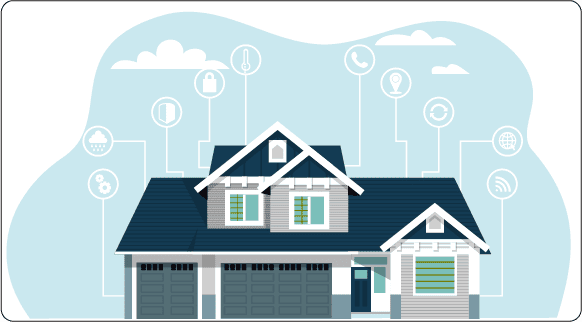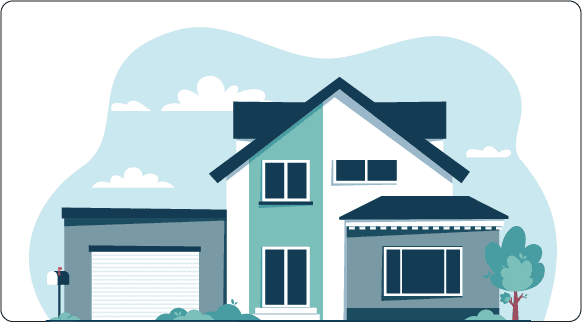Five Things to Consider Before Moving to A New Neighborhood
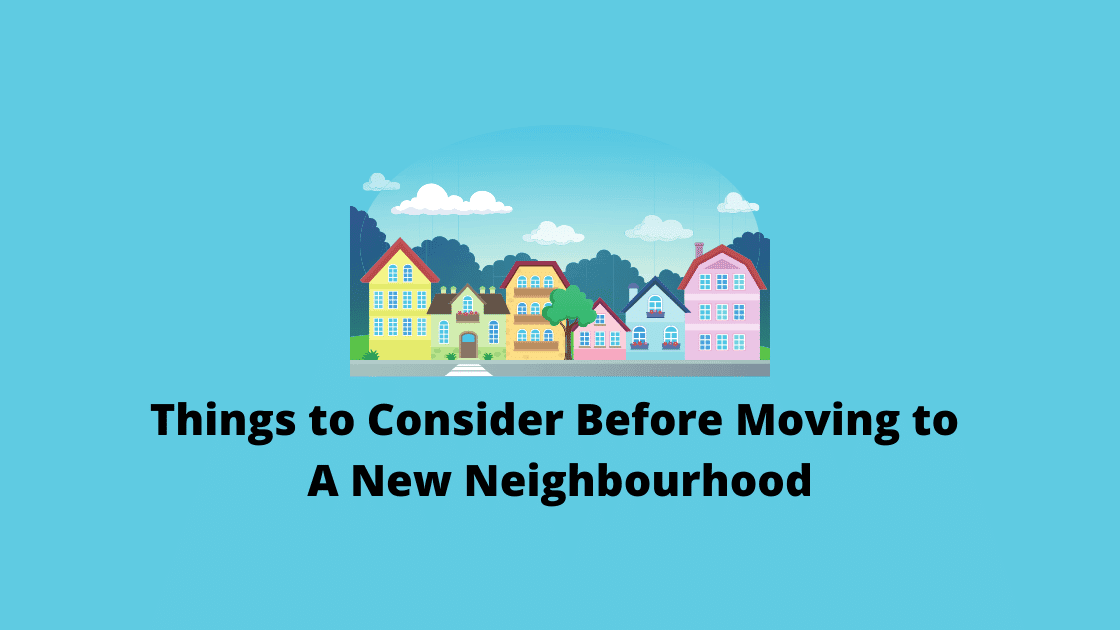
Introduction
You’ve discovered your ideal, comfy new home in a community close to your place of business, and you’re ready to move in! This is a fantastic opportunity! Don’t forget about your new neighborhood when you’re looking for that perfect new home or house. New challenges are bound to surface even after you’ve settled in.
We have a gut feeling about the types of neighbourhoods we prefer – safe and clean streets, nearby medical facilities and convenient shops, and so on. Even if you fall in love with your new home, these things will have an impact on your quality of life and should be considered before you pack your belongings.
before you move into a neighbourhood, what precise details should you look into?
Here are five things you must know before moving into a new neighborhood:
- GOOD SCHOOLS
Schools have a significant impact on home-buying decisions. Even if you don’t have children, it’s a good idea to research the school system in your prospective neighbourhood. It could be helpful if you eventually want to have children, but even if you do not, good school districts can have a significant impact on the value of the real estate. However, the quality of a community’s schools will be a major consideration for most parents when making a relocation decision.
- ACCESS TO PUBLIC TRANSPORT
According to studies, the longer a person commutes, the less happy they are. The location of your workplace in relation to where you live is an important consideration, especially if you want to have a short commute. If you are not a driver or do not want to rely on a car, it is highly crucial to have access to public transportation. Take note of how traffic is in your neighbourhood during rush hour and how long it takes you to get to work on an average day.
- WALKABILITY
Do you feel safe strolling around your area, or do you have to dodge automobiles and roads every 10 steps? The best way to acquire a sense of an area is to go out and explore it. Walkability involves better levels of arts, innovation, and civic participation. People who lived in walkable communities were more inclined to trust their neighbors and were less likely to be addicted to the television, according to one study. An easy walk will show you a lot about a neighborhood such as whether there are families on the sidewalks or parks, or if people are usually friendly while passing by.
- LOCAL AMENITIES
It’s important to have places where you can hang out when you’re not at home. Your needs for local amenities will be determined by your situation. Parks, farmer’s markets, community centers, and theatres are all fantastic venues to not only get out of the house and entertain yourself but also to meet new people in your neighborhood if you’re trying to expand your social circle. If you don’t drive, for example, you’ll probably want a decent-sized supermarket nearby. In the same way, if you have young children, a local doctor can make your life much easier. Make a list of all the local services that you require, such as a library, dentist, post office, or pharmacy.
- NEIGHBORHOOD SAFETY
When seeking to buy a home, the safety of the neighbourhood is quite important, especially if you have kids. Isn’t it obvious that safety comes first? It’s a factor that’ll have an impact on your sense of safety from the moment you enter the house. Nobody wants to relocate their family to a dangerous neighbourhood. A short drive around the block won’t tell you everything you need to know because appearances can be deceiving. A smart place to start is to speak with locals, friends, and co-workers who are familiar with the area. They’ll be able to tell you how it’s like to live there and whether they’ve had any troubles or know of someone who has. A sufficient amount of street lighting can make a person feel safer in their neighbourhood.
- LOW NOISE
When looking for a home, it’s easy to overlook noise as a factor. Visit your new area at various times to get a better sense of what it’s like to live there, and be sure to take a moment to halt and listen closely when visiting your future digs—can you hear the neighboring train rattle past every time it passes? Consider whether you want to hear those sounds every day.
Conclusion
All of the steps outlined above will assist you in effectively researching a neighborhood, but only you know what is most essential to you. Do your research with your top queries and preferences in mind, and keep in mind that each neighborhood will have its own set of advantages and disadvantages. . However, with a decent foundation of information, you should be able to construct a fairly clear image of whether or not you’d be happy taking up residency.

Exploring the Diversity of Residential Buildings in India: From Bungalows to Eco-Friendly Homes
Introduction You’ve discovered your ideal, comfy new home in a community close to your place of business, and you’re ready...
Why Do Buyers Prefer Homes above 1 Crore?
Introduction You’ve discovered your ideal, comfy new home in a community close to your place of business, and you’re ready...
Residential Real Estate in GIFT City
Introduction You’ve discovered your ideal, comfy new home in a community close to your place of business, and you’re ready...
Factors that Influence the Psychology of Buying Home
Introduction You’ve discovered your ideal, comfy new home in a community close to your place of business, and you’re ready...
What to Consider as a First-time Home Buyer
Introduction You’ve discovered your ideal, comfy new home in a community close to your place of business, and you’re ready...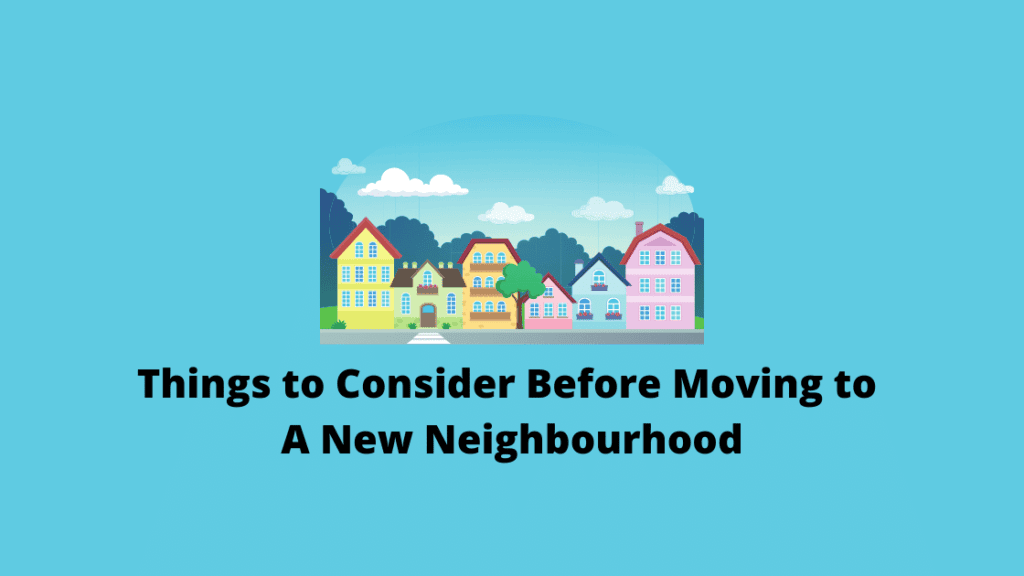
Five Things to Consider Before Moving to A New Neighborhood
Introduction You’ve discovered your ideal, comfy new home in a community close to your place of business, and you’re ready...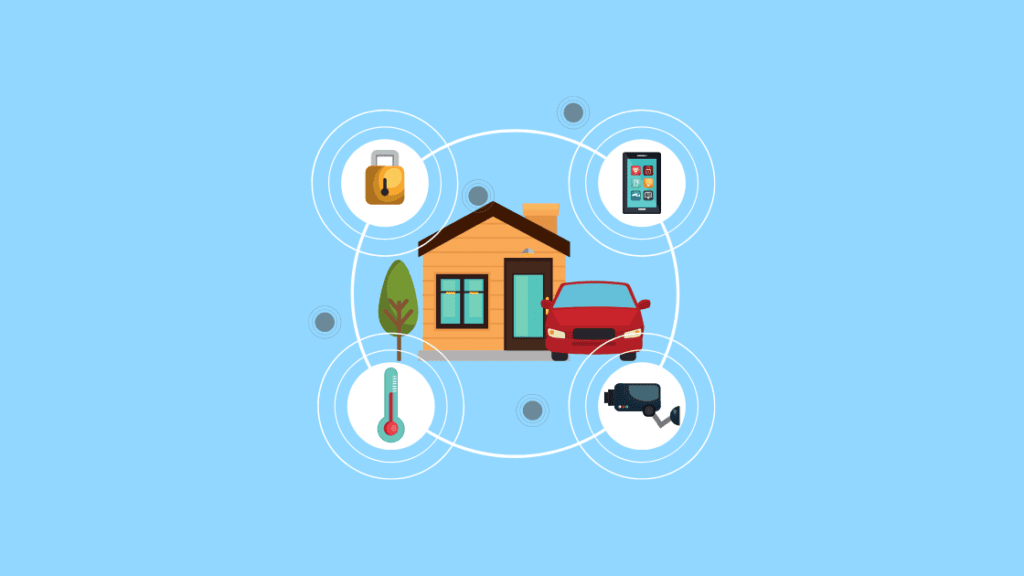
How the Process of Home Buying and Selling Has Changed In 2021?
Introduction You’ve discovered your ideal, comfy new home in a community close to your place of business, and you’re ready...








